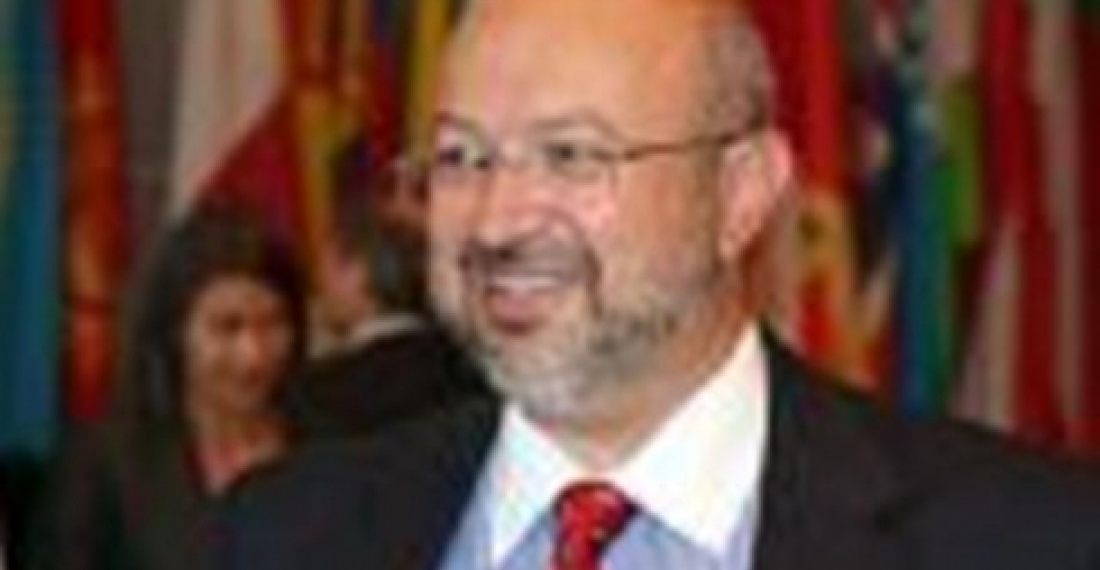The Secretary General of the Organisation for Security and Co-operation in Europe (OSCE), Lamberto Zannier, met yesterday in Vienna with diplomats from France, Russia and the United States, the three co-chair countries of the Minsk Group - the mechanism through which the international community has been seeking a solution for the conflict over Nagorno Karabakh. A statement on the OSCE web site said that the diplomats also briefed other members of the OSCE Minsk Group "on the continued high-level engagement with the sides by all three Co-Chair governments, as well as on concrete efforts to strengthen the ceasefire and to reach endorsement of the Basic Principles as a framework for a comprehensive peace agreement".
The meetings came ahead of the annual Ministerial summit of the OSCE, which this year will be held in the Lithuanian Capital Vilnius in early December. Lithuania currently holds the Chairmanship of the OSCE. An OSCE team over the last days has also monitored the cease fire line seperating Armenia and Azerbaijan. The team reported no violations of the cease fire during its monitoring. Later however the Azerbaijani media reported that an Azerbaijani soldier was critically wounded by Armenian gunfire on the line of contact. Armenia has denied the incident.
source: commonspace.eu newsroom
picture: OSCE Secretary General Lamberto Zannier (photo courtesy of OSCE)







